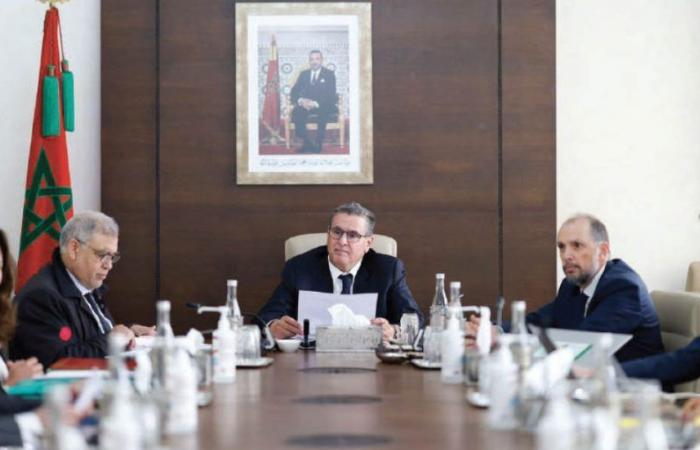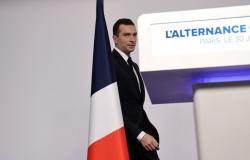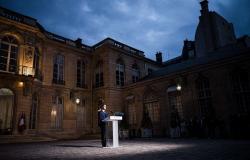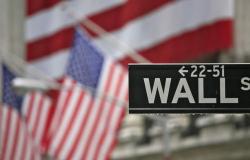The 2023 Investment Charter constitutes a major step forward for Morocco, offering a renewed and attractive framework for investors. It marks a turning point in financing business growth, strengthening the country’s economic attractiveness and laying the foundations for inclusive and sustainable development.
Financing business growth remains crucial for Morocco’s economic development. The Investment Charter, revised in 2023, provides a regulatory framework and attractive incentives for domestic and international investors. This new version marks an important step, strengthening Morocco’s attractiveness and boosting its economic fabric.
Since its introduction in 1995, the Charter has evolved to adapt to the changing needs of the national economy. The 2023 revision brings major improvements that respond to the country’s current and future challenges, including new tax and financial incentives.
A bouquet of contributions
Expanded tax exemptions are particularly beneficial for new businesses. They can now benefit from an exemption from corporate tax for five years, followed by a reduced rate for the following five years, allowing profits to be reinvested in their expansion for sustainable growth. Larger subsidies are allocated to priority sectors such as renewable energy, agro-industry and information technology, strengthening their international competitiveness.
The new charter also introduces financial and technical support measures for SMEs, facilitating their access to financing and stimulating innovation. The simplification and digitalisation of administrative procedures also represent a major step forward. Investors can now carry out their procedures via online platforms, considerably reducing time and costs.
Starting a business in Morocco is thus faster and less bureaucratic thanks to a reduction in formalities and increased digitalization. Another important aspect is the promotion of public-private partnerships (PPPs), which make it possible to mobilize financial resources and technical skills from the private sector to carry out large-scale infrastructure and economic development projects. PPPs offer several advantages, including the sharing of financial and operational risks between public and private partners, and access to additional sources of financing for projects requiring significant investments.
Significant economic benefits
The impact of the Investment Charter on the Moroccan economy is already visible across several key sectors. In the automotive industry, for example, Morocco has become a regional hub for vehicle production and export, attracting world-renowned investors. Likewise, the creation of free zones dedicated to information technologies has attracted numerous international companies, promoting the development of a dynamic technological ecosystem. In the renewable energy sector, Morocco has established itself as a regional leader, largely thanks to the Charter’s incentive measures.
An inclusive and lasting impact
The new Investment Charter embodies a holistic and inclusive approach, aimed at promoting Morocco’s economic competitiveness while ensuring sustainable growth. It is in line with the socio-economic development objectives set by the Kingdom, complementing modern reforms such as the 2035 vision of the New Development Model. With investment as its watchword, this new roadmap seeks to improve the business climate and promote good governance. It also aims to put in place the necessary mechanisms to finance the major projects of the social state, integrating human, territorial and economic aspects.
Towards a promising future
Morocco records one of the highest investment rates in the world, reaching 30% of gross domestic product (GDP), compared to a global average of 20%. However, this investment, mainly supported by the State, lacks efficiency. The new Investment Charter aims to reverse this trend by encouraging greater private sector participation.
By 2026, the government aims to mobilize 500 billion dirhams in private investment and create 500,000 jobs, based on this charter supported by the involvement of the private and banking sectors. This dynamic is essential to achieve a proportion of two thirds for private investment compared to one third for public investment by 2035.
Sanae Raqui / ECO Inspirations






